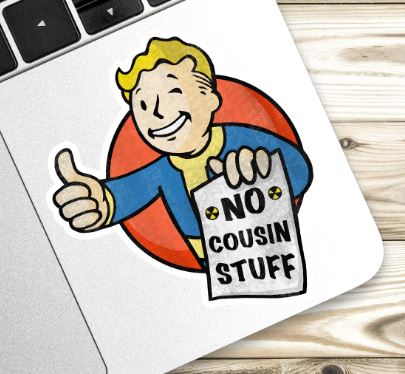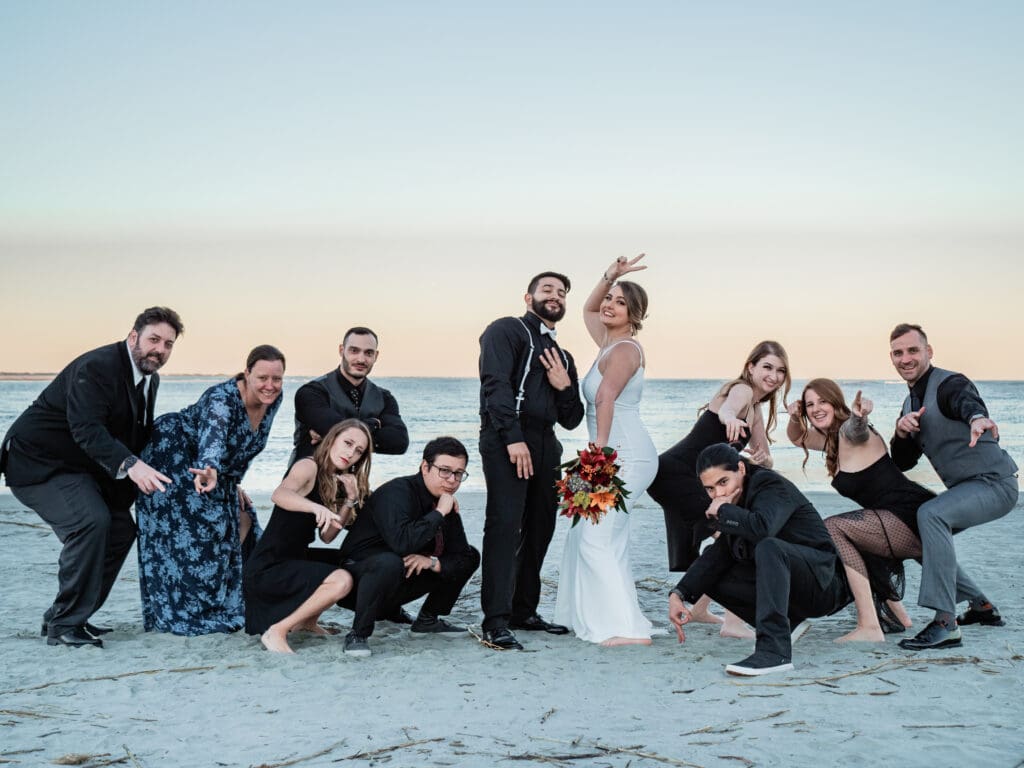How to Say “I Do” the South Carolina Way: What You Need to Get Married in the Palmetto State
6/06/25
So, you’ve found your person, you’ve picked a date, and you’re ready to tie the knot—Southern-style. Whether you’re planning a beachfront “I do” on Hilton Head, a true Southern charmer under a moss-draped oak in Charleston, or a rustic ceremony with the Blue Ridge Mountains as your backdrop, South Carolina makes it pretty simple to get hitched. But before you go practicing your new signature, here’s what you need to make your union legal (and keep those pesky relatives from saying “Bless your heart…” when something goes sideways).
Marriage License—AKA The Golden Ticket
You can’t get married without it, and no, printing one off Pinterest doesn’t count. You’ll need to apply in person or online at a county probate court in South Carolina.
Here is the Greenville Probate Court website, the Columbia Probate Court website, and the Charleston Probate Court website. Any other municipalities, you’re on your own.
Both parties must be present. (Yes, both. It’s a team effort, remember?)
Bring valid ID. Driver’s license, passport, military ID—something that proves you’re you.
No blood tests required. Because this isn’t 1952.
There’s a 24-hour waiting period. Once you apply, you can’t just elope five minutes later. Patience, lovebirds.
The Fee
Expect to pay around $30 to $70, depending on the county. Cash or credit, depending on local rules—but no, they don’t take Venmo.
Age Requirements
You must be at least 18 years old to get married without parental consent. If you’re 16 or 17, you can marry with a notarized statement of parental consent. Under 16? Sorry, this ain’t medieval Europe.
Officiants and Vows
You can be married by a: Minister (ordained online or otherwise), Judge, Notary public (yes, your quirky neighbor with a notary stamp could technically marry you). Just make sure the officiant signs the licenses (yes, plural – you will need 3 copies) after the ceremony. No signature = no legal marriage. Sad trombone. And if you’re planning to change your name, remember your original name is what you sign on your license.
No Residency Requirements
South Carolina doesn’t care where you’re from. You don’t have to be a resident, but you do have to follow the rules while you’re here.
No Cousin Marriages, Please.

Actually… South Carolina does allow first-cousin marriages. We’re not here to judge—just to inform.
Final Tips: Don’t forget to file your signed license with the probate court after the ceremony. Want to change your name? The marriage certificate is your first step, but that’s a whole separate blog post (and a few long afternoons at the DMV).
So there you have it—short, sweet, and legally binding. Now go forth, grab your license, and prepare to dance the night away to “Sweet Carolina.” Just don’t forget the rings—or the officiant.

Happy marrying, y’all! 💍🌴